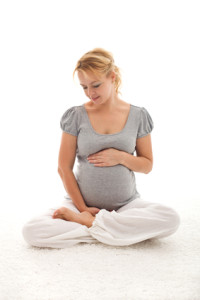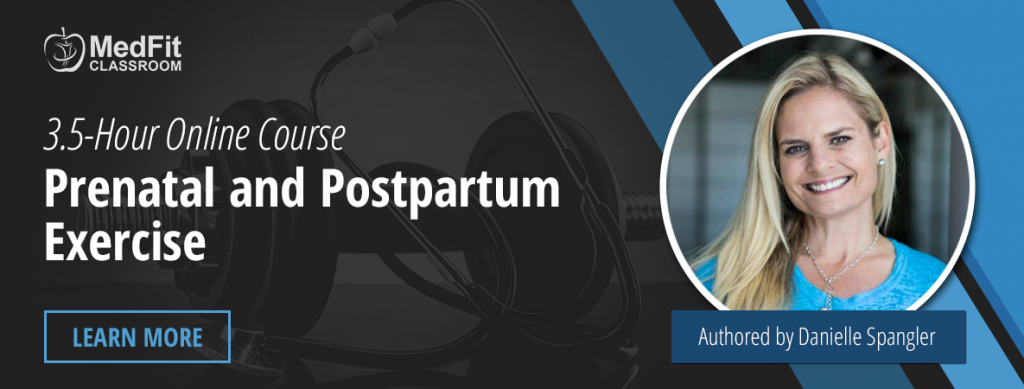 Being pregnant and having a baby is stressful on its own. Now imagine being pregnant and delivering a baby during a global pandemic. Being a mother myself and treating pregnant women and new mothers, I recognize this population struggles with support, proper healthcare (especially postpartum), isolation and they may have limited resources at their disposal.
Being pregnant and having a baby is stressful on its own. Now imagine being pregnant and delivering a baby during a global pandemic. Being a mother myself and treating pregnant women and new mothers, I recognize this population struggles with support, proper healthcare (especially postpartum), isolation and they may have limited resources at their disposal.
It is important to understand that for many of these women the unexpected turn of events, has left them disappointed and it has affected the entire pregnancy and postpartum experience affecting both their mental and physical health.
I wanted to focus on this topic as we are living with it currently. The pandemic has also brought to light the importance of postpartum care and how we can adapt and better serve women during and after these COVID times. Women from all over the world are experiencing this dramatic change. I am hoping that this blog will shed some light as to how we can help this population better and how can we as a group can collectively give women during this time more support.
Besides sharing my personal experiences with prenatal and postpartum clients at this time, I also thought it was important to interview a frontline RN who works in a hospital in postpartum care on the Labor and Delivery unit in Southern California so please note, some of these protocols may be specialized to California. I asked Nicole, our RN, what it has been like for women now delivering babies during COVID times.
Here are some of my questions.
Q: Tell me what it was like at the beginning of COVID with pregnant patients at the hospital. What kind of protocols were put into place?
A: “At the very beginning, Mid-March to May, the hospital was very strict on visitors for the expectant mom. Some women had to deliver babies with no significant other or family member present. We now allow for one chosen support system. Unfortunately, extended family members and other offspring are not allowed into the hospital due to COVID restrictions. We realize this may be a blessing in disguise as some women had many visitors which interrupted their sleep, or opportunity to get help with lactation and other postpartum care. I hope this stays as women need to rest and no visitors gives them that opportunity.”
Q: Are women getting amble time to recover after birth?
A: “Many women are cutting their hospital stays short even for C-sections. As long as they are healthy, we cannot force them to stay. The problem with this is it is highly stressful on their bodies, they have possibly less help at home and limited time to get help with lactation support etc. It is understandable women feel uncomfortable in a hospital setting right now, but it is important for their recovery.
Q: “How do you seeing COVID affecting long term recovery for new moms.”
A:” As mentioned, I think it’s good for women to limit their visitors in the hospital even under “normal” times for a variety of reasons. I also feel that we have become more on top of postpartum depression screening now using the Edinburgh questionnaire. If a woman exhibits that she may be a danger to herself or her baby, a social worker is called in. We have always taken this seriously, but we are really grading them now. Postpartum depression and anxiety are definitely on the rise”.
Q: “Learning from this pandemic, how do you think we can help women with their postpartum experience now and in the future?”
A: “This is a tough one, because I feel there is so much more we can do as a country to better postpartum care. Women are only checked once at 6 weeks postpartum and then never again unless something is wrong. Insurance stopped covering home healthcare visits many years ago, which I thought was very important to evaluating the mother’s physical and mental state out of the hospital and I think it is necessary. Also, women should be prescribed pelvic floor physical therapy following birth whether or not they have symptoms. The earlier intervention can happen both physically and mentally the better off the mother will be. I am hoping we learn from this time that we are lacking in postpartum healthcare.”
 I enjoyed speaking with a medical professional on what she has seen during the pandemic with this population so I can understand what my clients may go through while delivering or recovering before they see me. As a prenatal and postpartum fitness specialist, I view movement as medicine to both physical and mental health. More than ever my pregnant clients crave the support, someone who is skilled in helping them prepare for birth physically or rehabilitate post birth, but they desire that connection. Most of us have become accustomed to using Zoom or other online platforms to keep connected to our clients. Even though it is not perfect and lacks that in person connection, it is definitely a way to give your support at a safe distance. In person exercise also offered safely with masks and social distancing has been a blessing to many of my personal clients as an opportunity to get out of their house which is so important when you are speaking about a new mom stuck at home all day. It is so crucial for her to change up the scenery. I understand in certain climates this may not be possible, so you can use virtual options if needed. Fitness is forever changed by COVID and learning how to adapt and serve clients is so important.
I enjoyed speaking with a medical professional on what she has seen during the pandemic with this population so I can understand what my clients may go through while delivering or recovering before they see me. As a prenatal and postpartum fitness specialist, I view movement as medicine to both physical and mental health. More than ever my pregnant clients crave the support, someone who is skilled in helping them prepare for birth physically or rehabilitate post birth, but they desire that connection. Most of us have become accustomed to using Zoom or other online platforms to keep connected to our clients. Even though it is not perfect and lacks that in person connection, it is definitely a way to give your support at a safe distance. In person exercise also offered safely with masks and social distancing has been a blessing to many of my personal clients as an opportunity to get out of their house which is so important when you are speaking about a new mom stuck at home all day. It is so crucial for her to change up the scenery. I understand in certain climates this may not be possible, so you can use virtual options if needed. Fitness is forever changed by COVID and learning how to adapt and serve clients is so important.
Here are some measures that you can take whether you are a medical or fitness professional that will help add support to this population.
- Encourage pregnant women or postpartum women find ways to take care of their mental and physical health. There are a plethora of prenatal and postpartum exercise courses or groups as well as mommy and me groups. In some places, outdoor exercise with safety measures is resuming.
- If you are offering help with an exercise preparation or recovery program, make sure it follows the ACOG guidelines and focuses on gentle functional movement and pelvic floor based exercises.
- It is really important for women to find a community and support from other women going through the same things and I recommend and encouraging them to join a local mommy and me group or parenting group. Many are now available online or are running safely outside. Under pre-COVID times it was easier for women to gather in person, so this is something lacking but so important for their mental health.
- For women who gave birth in a hospital, reassure them that being in the hospital for the duration of their needs 2 days for vaginal birth and 4 for a c-section is not only safe but necessary to ensure proper healing. If a woman delivered at a birth center or at home, encourage them to get checked out following their birth by their doula or midwife.
- Know when to refer, the best thing you can do as a healthcare practitioner under any time is know your scope of responsibility and when to refer your pregnant or postpartum 5. Know when to refer! This is important during any time but know when an issue is out of your scope of responsibility and when to refer a client to another professional, whether it is a pelvic floor PT, a mental health professional that specializes in maternal anxiety and depression, a body worker that is certified in prenatal and postpartum.

Additional Resources
Danielle Spangler is the founder of Coremom Fitness (Corrective Obstetrical Related Exercise) and a prenatal/postpartum fitness specialist. Danielle is a mother of 3 children and operates her Coremom Fitness program out of several studios including her own studio in Redondo Beach, Beach Life Fitness Boutique. Danielle serves on the MedFit Education advisory board and has written several continuing education courses on the topic of prenatal fitnes.
